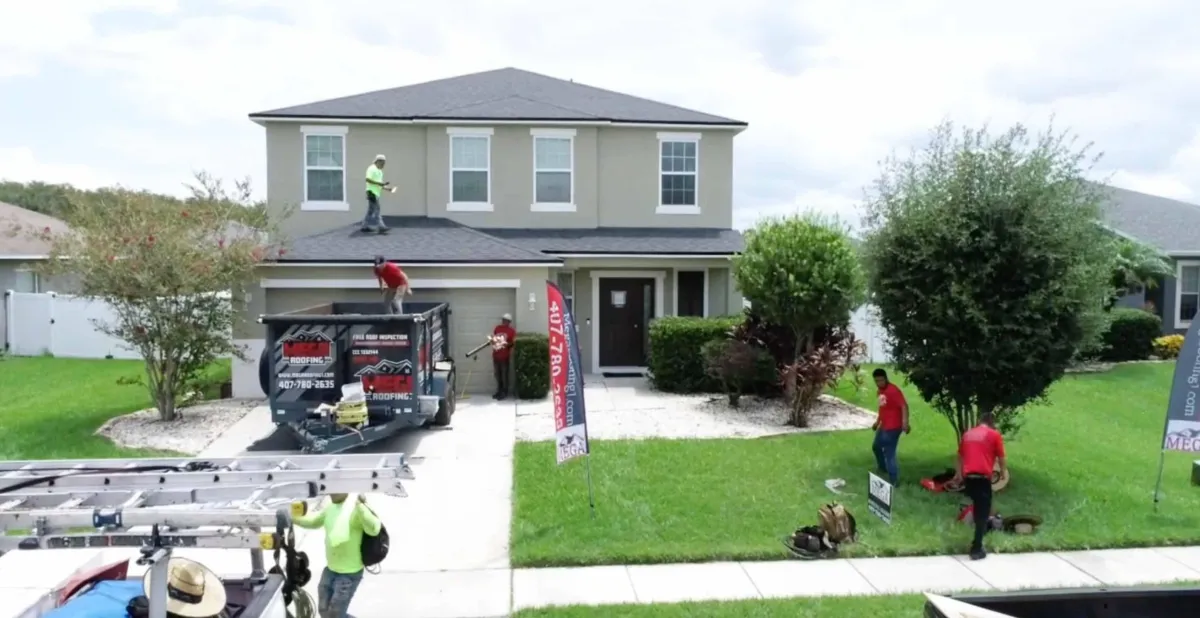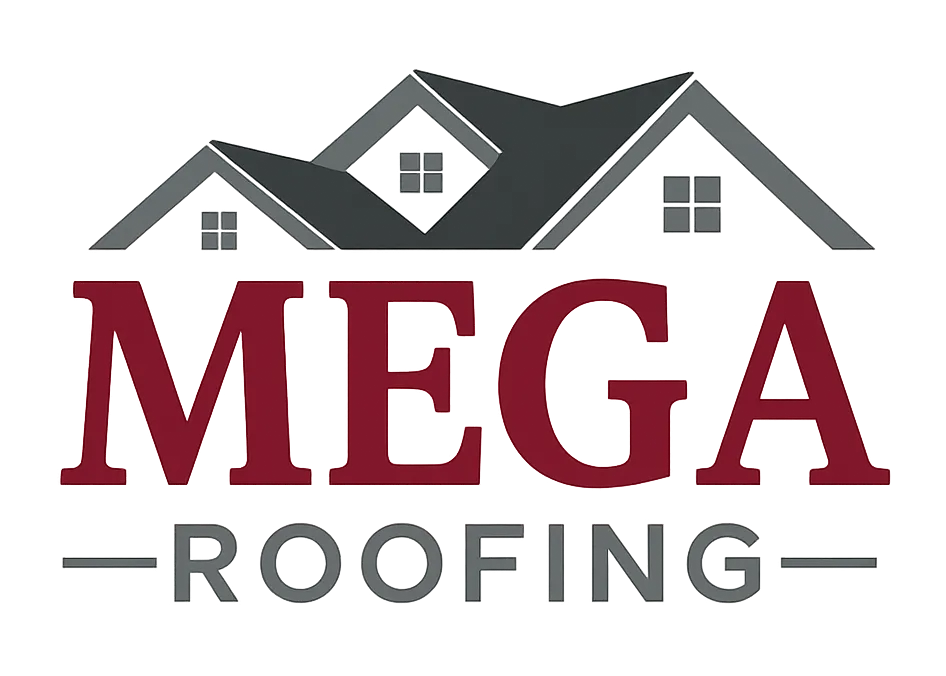Roofing Tips, News & Advice from Mega Roofing

How to Choose the Best Roofing Contractor in St. Cloud: 2025 Checklist
Choosing the right roofing contractor in St. Cloud isn’t just about finding the lowest price—it’s about ensuring your home is protected for years to come. With Florida’s harsh weather and strict building codes, you need a roofer who’s skilled, trustworthy, and compliant with local regulations.
This 2025 checklist walks you through the steps to evaluate contractors, avoid costly mistakes, and hire with confidence.
Why Your Choice of Contractor Matters in St. Cloud
Before diving into the checklist, it’s important to understand the local factors that make roofing contractor selection critical.
Storm-readiness: Contractors should know how to install roofs that withstand hurricane-force winds.
Code compliance: Florida has some of the strictest roofing codes in the country—mistakes can void warranties or insurance coverage.
Material expertise: From asphalt to tile to metal, each roofing type requires different skills and equipment.
Insurance requirements: Without proper insurance, you could be liable for on-site accidents.
The 2025 St. Cloud Roofing Contractor Checklist
Here’s a step-by-step approach to choosing the right roofer.
Verify Licensing and Insurance
Make sure the contractor holds an active Florida roofing license and carries both liability insurance and worker’s compensation. Ask for proof and verify it through state records.
Check Local Experience
Choose a roofer with a history of projects in St. Cloud or nearby areas. Local experience means familiarity with climate challenges and building permit processes.
Review References and Past Work
Ask for a portfolio of recent jobs and contact past customers. Look for consistency in quality and timeliness.
Compare Written Estimates
Get at least three itemized quotes so you can compare scope, materials, warranties, and pricing side-by-side.
Ask About Warranties
A reputable contractor should offer both a manufacturer’s warranty on materials and a workmanship warranty on labor.
Evaluate Communication
From the first call to the final walk-through, good communication is a sign of professionalism. Avoid contractors who dodge questions or provide vague answers.
Red Flags to Watch Out For
Knowing what to avoid is just as important as knowing what to look for.
No physical business address – May indicate a fly-by-night operation.
Cash-only requests – Untraceable payments are risky.
High-pressure sales tactics – Legitimate contractors give you time to make a decision.
No contract or vague terms – Always insist on a written agreement with full details.
Step-by-Step Decision Process
Here’s how to go from initial research to signing a contract.
Research potential contractors – Use local directories, referrals, and verified listings.
Request and compare estimates – Look beyond price to assess overall value.
Verify credentials – License, insurance, and references.
Discuss project timeline – Understand start dates, weather contingencies, and estimated completion.
Sign a clear contract – Ensure all agreed details are in writing.
FAQs – St. Cloud Homeowner Questions Answered
How do I know if a roofer is licensed in Florida?
Ask for their license number and verify it through the Florida Department of Business and Professional Regulation.Should I pay a deposit? Yes, but never the full amount upfront. A reasonable deposit is typically 10–30% of the project cost.
Is it better to choose a local roofing contractor?
Yes—local contractors are more familiar with St. Cloud’s building codes, weather, and permitting process.What if a storm chaser offers a lower price?
Be cautious—storm chasers may not be licensed locally and can disappear after the job.
Conclusion
In St. Cloud’s demanding climate, the right roofing contractor can mean the difference between a roof that lasts decades and one that fails in the next storm. By following this 2025 checklist—verifying credentials, checking references, comparing estimates, and spotting red flags—you can make a confident, informed hiring decision that protects your home and investment.
Our Services
Helpful Links
LICENSE NUMBER CCC1332144
© 2025 All Rights Reserved | Mega Roofing
